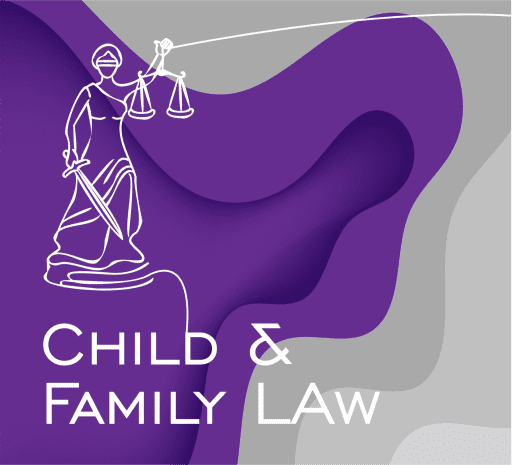According to the Forced Marriage Act 2007, a forced marriage is one in which a person is forced into marriage by threats or other psychological means. It is very different from an arranged marriage.
In an arranged marriage, two individuals are introduced to each other by family members or friends or through a marriage bureau or a matrimonial site. They get to know each other and decide to marry. Since an arranged marriage happens with the consent of both individuals, it is not a ‘forced marriage’. A forced marriage happens without consent. The key word, therefore, is ‘consent’.
While an arranged marriage is a legitimate practice, a forced marriage is not.
Note, however, that in some cases, a person may not be in a position to give consent due to a loss of mental capacity. If such a person gets married, it wouldn’t be considered a forced marriage.
Why would someone force a person to marry?
Here are some of the main reasons why people do this:
- To gain some monetary benefit
- To protect the family’s reputation which may be threatened by the individual’s sexuality
- To stop the individual from marrying someone from another religion or ethnic background which again threatens the family reputation
- To keep a promise which may have been made of giving this individual in marriage to someone in particular
What should you do to protect yourself?
If you are being forced into marriage, you can get Protection Orders from the Court through the Family Act 1996. This order will forbid the potential perpetrator from taking any steps of forcing you into marriage.
On 16th June 2014, the Anti-Social Behaviour, Crime and Policing Act came into force. Since then, those who attempt to force a person into marriage have been criminalised.
You can get protection orders against anyone who attempts to force you into marriage. It could even be your own family member.
The order protects any UK national who is forced into marriage. It also protects foreign nationals who are forced to marry a UK national.
Please note that there are different types of Forced Marriage Protection Orders.
The fundamental order involves prohibiting the person from taking steps to force someone into marriage without consent. However, there are additional orders you can get which can achieve the following:
- Removing the person from the Jurisdiction
- Returning the person to the Jurisdiction
- Confiscating the person’s passport, visa and other travel documents
- Preventing the person from getting any travel documents
This list is non-exhaustive.
Sad to say, forced marriages many times involve violence, harassment and intimidation. There are some who even get others to breach the order.
However, please note that a breach of a Forced Marriage Protection Order is a criminal offence. If it is proved, the person can face a prison sentence of up to 5 years under section 120 of the Anti-Social Behaviour, Crime and Policing Act 2014.
If you see the danger of someone attempting to force you into marriage, please contact us. Aristone Solicitors can help you get quick legal assistance to protect yourself.



